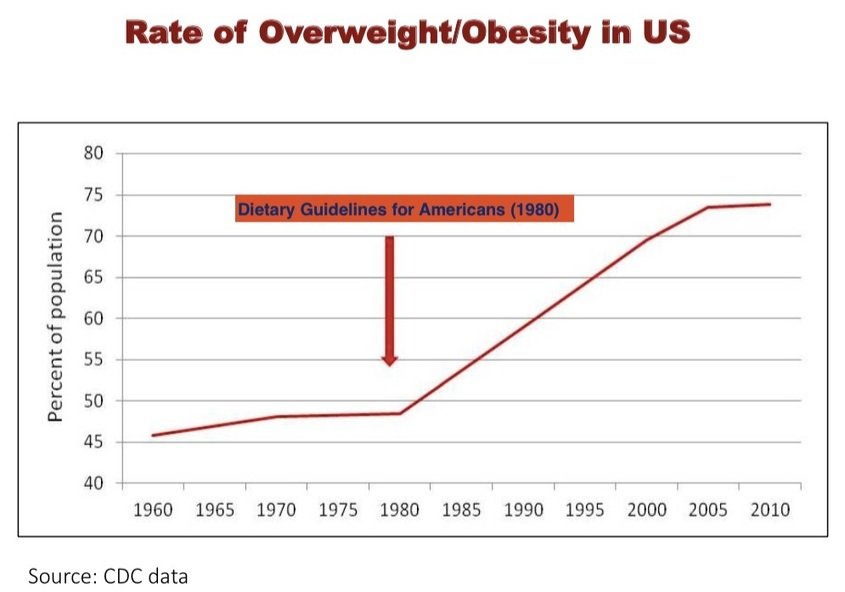If you still experience hunger pangs after one or two weeks since you’ve started your diet, don’t give up, you’re not alone! Here are some tips you can start right now to deal with it:
1. Eat enough fats
Most of you tend to focus only on eating less carbs. You must also remember that about 70% of calories should come from fats on a keto diet, otherwise you’ll feel hungry. For example, adding some MCT oil to your coffee (bulletproof coffee) is a quick and easy way to add fat to your diet.
2. Sleep more
Insufficient sleep or staying up late at night will trigger your hunger hormone, and you’ll want to snack. Try reducing your caffeine intake or make sure you have a dark environment in your bedroom if you find it hard sleeping.
3. Work out
Exercises will also help to decrease hunger and cravings. During the first week of your diet, stick to light physical activity, walking and yoga are perfect options.
Read the full article of Go-Keto to also find out how to carefully select your keto diet. Go-keto is an online boutique which offers a variety of keto friendly foods and supplements that shall accompany you throughout our keto program.




